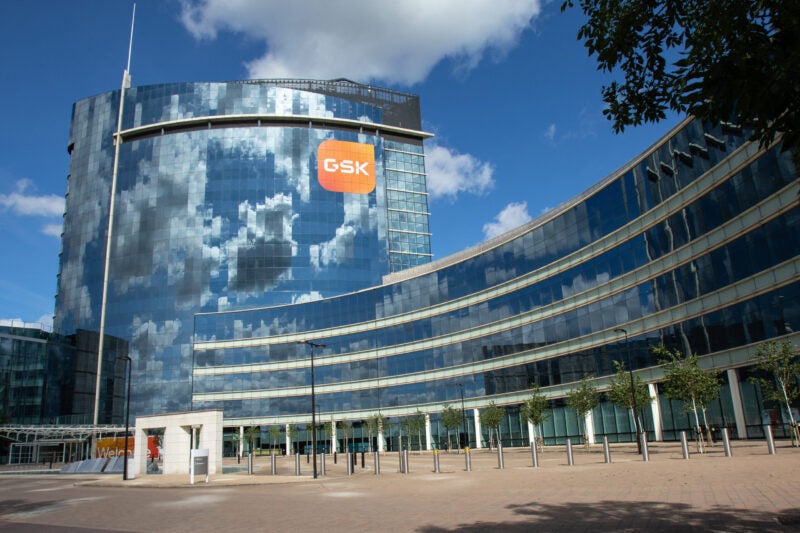
GSK has reported long-term findings from the Phase III PRIMA (ENGOT-OV26/GOG-3012) clinical trial where Zejula (niraparib) offered a lasting and clinically meaningful progression-free survival (PFS) benefit in ovarian cancer patients.
This benefit was found to be consistent across all biomarker subgroups, including BRCAm, HRd, and HRp.

Discover B2B Marketing That Performs
Combine business intelligence and editorial excellence to reach engaged professionals across 36 leading media platforms.
The randomised, double-blind trial analysed niraparib compared to a placebo in subjects with first-line Stage III or IV ovarian cancer who had a response to platinum-based chemotherapy.
Niraparib’s efficacy as a maintenance therapy, as evaluated by progression-free survival, was assessed in the trial.
Trial subjects were categorised into a 2:1 ratio to receive niraparib or a placebo.
The study was modified to include a customised starting dose of 200mg niraparib once a day in subjects with a weight of <77kg and/or platelet count of <150K/μL at baseline, as well as 300mg for all other subjects.

US Tariffs are shifting - will you react or anticipate?
Don’t let policy changes catch you off guard. Stay proactive with real-time data and expert analysis.
By GlobalDataAccording to the data from ad hoc analysis carried out following a median follow-up of three and a half years in the HRd population, Zejula offered a 48% clinically significant decline in progression or morality risk versus a placebo.
Zejula also provided a lasting PFS benefit in the overall population.
The company noted that the overall survival findings were not mature yet.
The safety profile of Zejula was found to be in line with the primary assessment, without any new safety signals detected.
Thrombocytopenia, anaemia, and neutropenia were reported to be the most common grade three or higher adverse events in the trial following Zejula treatment.
Long-term treatment with Zejula as a single agent is linked to a decreased discontinuation rate because of adverse events, a possible aspect in attaining lasting benefits.
An oral inhibitor of PARP, niraparib is presently being analysed in various trials.
GSK Oncology Development senior vice-president, global head Hesham Abdullah said: “Patients can face a high risk of recurrence when diagnosed with late-stage ovarian cancer.
“The updated analysis of this study shows that Zejula can help patients potentially achieve a long-term remission.”
Prior to this development, the company awarded a four-year contract to Medable to enable decentralised clinical trials and hybrid trials across its global portfolio.





